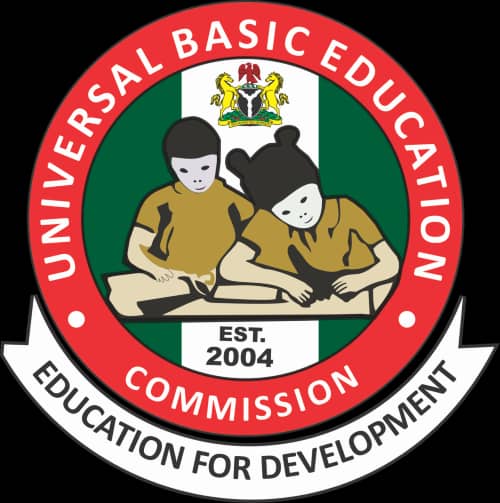
Chidimma Uchegbu
The Universal Basic Education Commission (UBEC) has revealed that Nigeria has achieved tremendous digital transformation in basic education with a total of 21 Smart Schools currently in operation across the country.
Executive Secretary of UBEC, Aisha Garba, who announced this on Monday in Abuja, disclosed that efforts were currently ongoing to commence academic activities in the remaining 16 out of the 37 smart schools established by the Commission in each state of the Federation including the Federal Capital Territory (FCT).
She spoke at the official closing ceremony of the $10 million funded Korea International Cooperation Agency, KOICA-Nigeria Smart Education Project. The project which commenced in 2021 with a record of discussion (RoD) signed between UBEC and KOICA on the 26th of October came to a close on 11th August, 2025.
The KOICA-Nigeria smart education project aims to improve the quality of education in Nigeria by leveraging technology and digital resources.
Under the framework, the project has witnessed the massive investment in infrastructure in the six pilot schools smart schools supported by the Korean government with each of the six schools equipped with state-of-the-art Content Development Studios (CDS) to enable teachers develop real world applicable digital content for their learners.
Speaking, the UBEC boss highlighted significant milestones recorded through the partnership with the KOICA on introduction of smart education in Nigeria, saying when the project began in 2021, Nigeria was faced with sobering realities: “over 10.1 million school-age children were out of school, 70% of those enrolled lacked foundational learning skills, and more than 60% of public primary school teachers did not possess basic digital literacy.
“Today, we are closing a project: “The Project for the Implementation of Multimedia Learning Environment and Teaching Capacity Building for Nigeria Public Primary and Junior Secondary Schools.
“We are also celebrating a transformational journey—one that has redefined the landscape of basic education through technology, innovative teaching, and inclusive learning,” she stated.
While commending the Korean government for the support through its development agency, KOICA, Garba said the collaboration has helped the country to reimagine learning, bridge the digital divide, and empowering schools and teachers to become catalysts for lasting transformation.
She noted that through the collaboration with KOICA and other strategic partners, the Commission has developed Nigeria’s first Smart Education Master Plan, trained over 300 teachers and school leaders, established six world class Content Development Studios, and created nearly 4,000 digital learning contents in Mathematics and Science.
“This is in addition to the independent effort undertaken by the Commission to build 37 UBE Model Smart Schools (1 in each state and FCT). Six of which KOICA intervened and supported as earlier reiterated.
“Although KOICA focus is in six smart schools, the outcome of the project has reached over 8,000 learners in 21 states where the smart schools are fully operational.
“You will all agree with me that these are more than numbers. They are lives touched, futures reshaped, and a growing belief that our public schools can compete globally. Our administration is not just talking change, we are executing it by transforming basic education, one reform at a time,” she stated.
Garba also revealed that through strategic reforms since her assumption of office, the Commission has removed long-standing bottlenecks and opened the door for states to access the resources they need, efficiently and transparently.
She lamented that for more than 20 years, a rigid action plan made it nearly impossible for states to access matching grants, saying represents two decades of missed potential, stalled projects, and blocked progress.
“We have changed that and the impact is already visible with bout 3 million children impacted, fund utilisation has exceeded 60%, about 420,009 library materials distributed, more than
158,000 Nigerian History books delivered, 740 interactive smart boards, 250 desktop computers for girls’ alternative high schools and
140 talking computers for learners with special needs,” she stated.
Deputy Executive Secretary of UBEC (Technical), Mr. Razaq Akinyemi Olajuwon, in his presentation of overview of the UBEC-KOICA smart education project, aims to revolutionize education by incorporating technology into learning environments.
He noted that the initiative has increased the capacity of teachers in the use and development of ICT content and improve access to quality Information and Communication Technology teaching contents in the classroom.
Manager, KOICA Nigeria Office, David Nkwa, said the project in the last five years, has improved quality education in Nigeria, especially improving learning outcomes at the basic level of education.

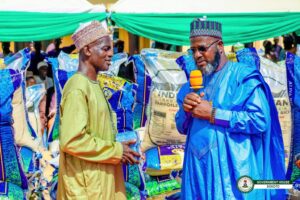
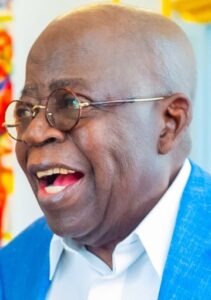
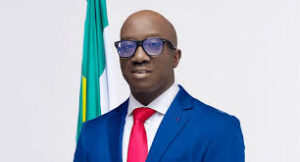
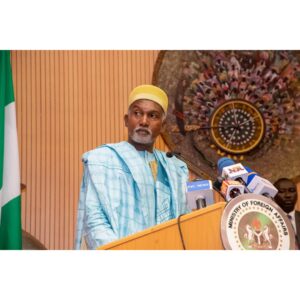
Join the Conversation